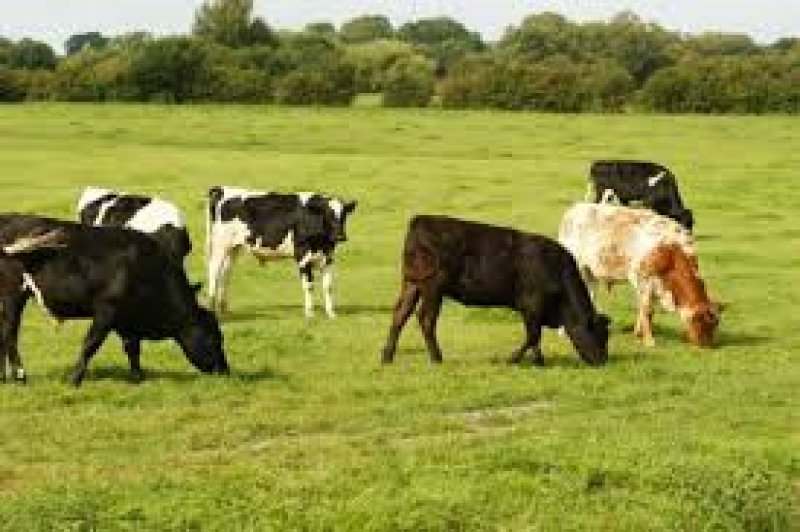Scientists at Vanderbilt University say they have discovered a nongenetic cause of resistance to cetuximab, a therapeutic that is used to treat advanced colorectal cancer. The team’s study (“lncRNA MIR100HG-Derived miR-100 and miR-125b Mediate Cetuximab Resistance via Wnt/β-Catenin Signaling”), which is published in Nature Medicine, suggests a novel strategy for overcoming this resistance.
…
As noted in their paper, the researchers found increased expression of a long noncoding RNA called MIR100HG, which houses two microRNAs, miR-100 and miR-125b, that also had increased expression. Long noncoding RNAs and microRNAs are transcribed from the genome just like genes, but they do not encode proteins. Instead, these pieces of RNA coordinate complex epigenetic processes to regulate gene expression.
Dr. Coffey and his colleagues discovered that miR-100 and miR-125b collectively suppressed the expression of five different genes that are negative regulators of the Wnt signaling pathway. Removing these miRNAs led to increased Wnt signaling, which is known to promote cell proliferation.
When the investigators blocked Wnt signaling using both genetic and pharmacologic inhibitors, they were able to restore responsiveness to cetuximab in cultured colon cancer cells and in colorectal tumors in mice.
…
The findings suggest that epigenetic regulation to increase Wnt signaling may be a general mechanism cancer cells use to overcome therapeutic blockade of epidermal growth factor receptor (EGFR) signaling, say the scientists.
The GLP aggregated and excerpted this blog/article to reflect the diversity of news, opinion, and analysis. Read full, original post: Epigenetics Linked to Resistance for Anti-Cancer Drug































